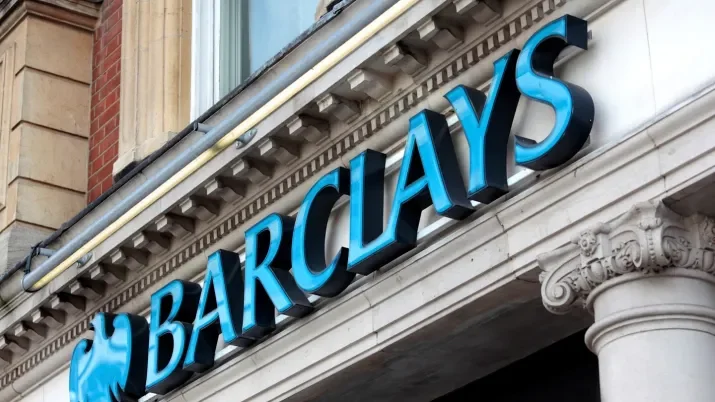No Smooth Ride For Tesla Bondholders
Like many of you we have been following the latest developments in the Tesla story with interest and curiosity, though fortunately not as investors, I hasten to add.
Securing the funding for taking the firm private following the normal channels would be practically impossible in our view. Quite simply, adding even a little more debt to the loss-making automaker is just not palatable from a creditor’s standpoint. Anything on the scale that Tesla would need to go private is way beyond the risk tolerances of those investors that typically fund these types of transactions. Hence our curiosity in the story, and why the SEC is mounting its investigation.
As a reminder, Moody’s corporate bond rating for Tesla is Caa1 with a negative outlook. The 5.3% bonds issued last summer have never traded above par, and today sit at a cash price of around 87, implying a yield of 7.75% until maturity in 2025. Having a material debt stack at what would be yields much higher than this would require solid cash flow generation to service that debt, and Tesla is a long way from achieving this – just another reason why a transaction involving more debt is going to be very hard to execute.
Additionally, credit investors typically take comfort in the rigour and transparency required to manage a public company, so going private is only going to irritate bondholders more. Making the dream come true for Tesla is not a risk that bondholders will want to take on, though given the potential upside equity holders may well think differently. Elon Musk has many loyal followers, so it might just be possible for him to convince enough investors to own the equity in a non-quoted entity, but where does that leave the unhappy bondholders?
Here the outlook is unclear. Do bonds just get rolled over into the new structure? If there is technically no change of control, which would require a new majority shareholder, there is no legal obligation to buy the bonds back before maturity. This could be the doomsday scenario for bondholders and we would expect prices to fall sharply as a consequence.
Alternatively, should there be a trigger of change of control, bond holders would be entitled to receive 101.00 to allow the deal to pass. This would clearly be the dream scenario, but relying on dreams in fixed income is generally not a rewarding strategy. Then there are a whole host of other options where the shareholder base changes but without there being a majority shareholder. The new equity holders may wish to clean up the debt stack, so some sort of below-par tender for the bonds is also a possibility.
It would need to be an extraordinary transaction to take Tesla private with a lot of changing shareholders and many possible outcomes. Is it likely? Probably not, but one thing we can rely on is that the journey for bondholders is unlikely to be as smooth a ride as the Tesla experience promises.



